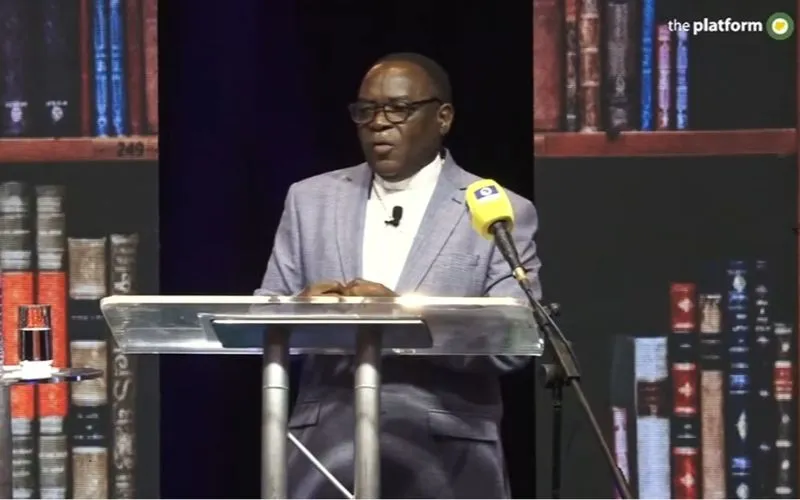Sokoto, 12 June, 2024 / 6:27 pm (ACI Africa).
On the occasion of Democracy Day in Nigeria marked annually on June 12, the Catholic Bishop of Sokoto Diocese has underscored the importance of democracy, saying it should be “an instrument of development.
In his address to The Platform Special Edition on Wednesday, June 12, Bishop Matthew Hassan Kukah said, “Our democracy is in recession, in decline, precisely because it is evident to us that what we are working with is not something that has come from our own historical, cultural or even anthropological experiences.”
“The only way democracy can work is that democracy has to be an instrument of development,” Bishop Kukah said during the event that was held under the theme “Democracy and the Free Market Economy.”
He added, “If we use democracy to develop, then we'll be developing democracy.”
The Nigerian Catholic Bishop emphasized, “If we are going to go on the part of democracy, there needs to be some kind of clarity about really what we want for our nation.”








